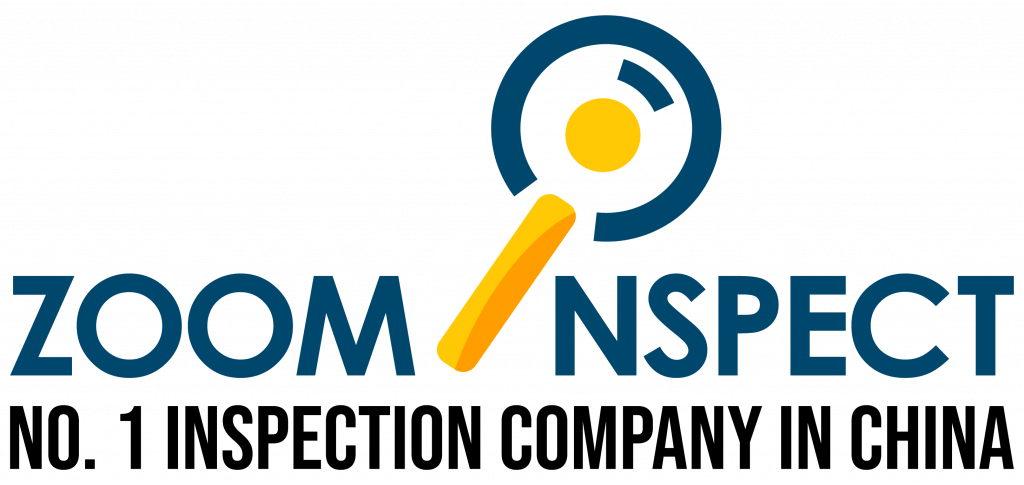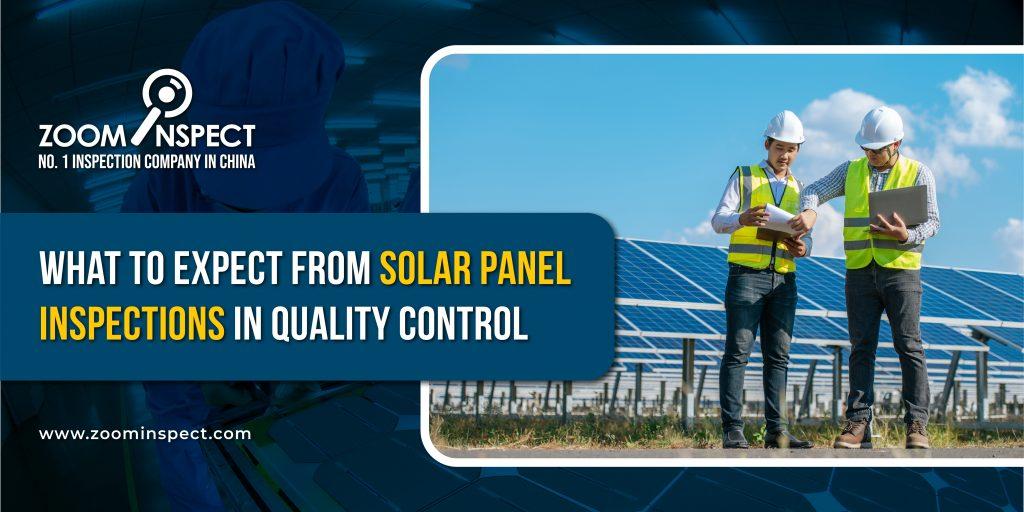As the world moves towards a more sustainable planet, green energy has increased during the covid-19 pandemic. For solar panels, the production of solar modules worldwide reached approximately 178 gigawatts in 2020, a significant increase from 238 megawatts in 2000.
This article aims to discuss inspection processes that are in place for solar panels, and the main quality issues found within them.
Solar panel market trends
With the growth of solar panel manufacturing worldwide, many countries have begun manufacturing them, with the major players being:
- China: 69.8%
- Vietnam: 7.9%
- South Korea: 5.2%
- Malaysia: 4.2%
- United States: 3.2%
- Europe: 1.8%
As shown here, the largest manufacturing by far for solar panels at this moment in time in China. However, with the development of factories within vietnam this may shift in the coming years. Each country is develops panels to the specific requirements laid out by governing bodies and organizations. Because of this, is it essential that when dealing with manufacturers that strict quality assurance is in place to prevent major technical issues which could hold up the supply chain leading to major additional costs.
What are the main quality issues found in solar panels?
Within the solar panel manufacturing industry, there are several quality issues which can be found. Due to the nature of solar panels everything must be made to the exact specifications laid out, if their are any issues (even extremely small ones), this could have major impacts for the finished product.
Other common issues which occur are:
- Water ingress
- Incorrect cell color
- Damage to the panel
- Bubbles on the panel
- Foreign materials within the cell
- Traces of glue on the junction box
- Micro-fractures on the solar cell
- Broken or chipped solar cells
- Scratches on the glass
- Solar cell string alignment
- Wrong dimensions
- Incorrect cable length
- Insulation resistance
- Poor battery performance
When conducting quality assurance via either internal or with third-party assistance, it is critical that special detail should be placed on these issues as they can commonly occur.
What type of inspections are there?
During the solar panel production process, there are several aspects in which inspections take place. This can be broken down into two main sections:
Pre-production
During the pre-production process, organizations must ensure that the materials and factories which have been chosen are of quality to allow for the panels to be made correctly. To achieve this, inspections must be made, such as:
- Verifying the glass control process for mechanical resistance and transparency control.
- Timing and confirming the lamination time,
- Validate and inspect the different stages of control planned through the production process to ensure safe construction.
As well as this, manufacturing audits such as factory visits and machinery inspections are conducted to ensure they have the processes and equipment necessary to manufacture the panels to the correct specifications safely.
Post-production
Once production is complete, inspections are then made of the finished panels. These include:
- Visual inspections:
Visual inspections evaluate the physical attributes of the panel to ensure there are no visible damages during its manufacturing this includes:
- Ensuring there is no aesthetic damage to the solar panels, includes looking at the cables, batteries and inverters, etc.
- Testing the sealant of the panels to ensure they are fixed properly and tight around the edges.
- Closely inspect the panels for any cracks or potential holes made during production.
- Inspect the body for correct labeling and branding.
- Ensuring the dimensions such as the size, width, labels, and thickness are correct and to specification.
Functional and special tests
Testing is essential to ensuring solar panels comply with countries’ regulatory bodies. Because of this, common tests for solar panels include:
- Power and voltage discharge testing.
- Testing of the heat produced by the solar panels during use
- Polarity testing
- Testing of the construction of the panel itself to ensure it works correctly.
Labeling checks
When packaging has begun, inspections are made on specifically labeling, these can include:
- Barcodes
- Logo and organizational branding
- Markings are the right dimension and labelled correctly
- Verification of correct labels in-line with the product’s specifications.
If goods are not correctly labelled, this could case severe issues when products are shipped to their respective companies, such as a product recall.
Pre-shipment and packaging inspections
Once packaging has been completed, they must be inspected to ensure that they comply with regulation. It is recommended that organizations conduct pre-shipment inspections. However common things which are inspected are:
- The packages contents and quantity of items/accessories are in-line with what is stated on the box
- The parts of the panels are correctly fastened and the box itself is well produced during transit.
- Shipment labels are correctly placed, clear, and correct.
- The correct printed documents are placed within the package.
All of these inspections are essential to ensuring a smooth and efficient supply chain process. If any of these are missed, the chance of defect is more likely.
Audits and production monitoring
As well as inspections, third-party quality assurance organizations (much like Zoominspect) assist organizations with additional services, such as audits and production monitoring.
Audits
When organizations work closely with a manufacturer, it can be highly beneficial to conduct audits, this entails inspecting manufacturing plants to ensure that their processes and equipment is of continued standard and that they are keeping up with the specifications laid out by the organization originally.
Production monitoring
Production monitoring is when an organization has begun mass production of its products (in this case, solar panels). Inspections are continually made to ensure defects are not found. This is a highly efficient way to stop defective goods from being sent to clients.
Zoominspect has years of experience in industry-leading quality control for various industries, including solar panel testing. We provide rigorous testing and ensure organizations run safely and efficiently and are up-to-date with the latest regulations. To learn more about this, contact us today.


